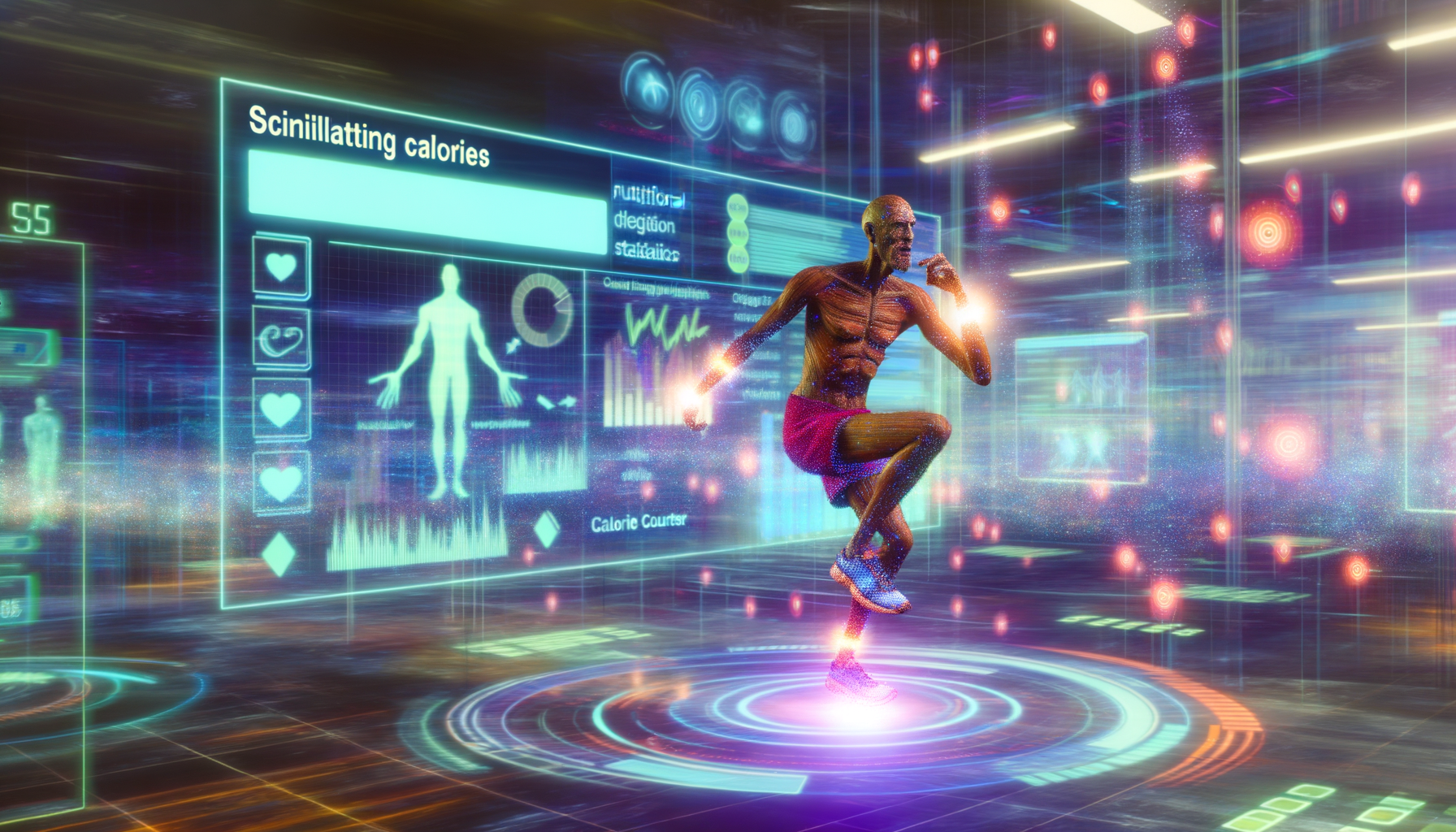The pursuit of radical life extension through calorie management is a cornerstone of the transhumanist movement. Transhumanism aims to utilize technology and scientific advancements to transcend human limitations, including the boundaries of aging. One of the most promising approaches within this framework is calorie restriction (CR) and its variants, which have been shown to enhance longevity by optimizing metabolic engineering.
Understanding Calorie Restriction and Its Variants
Calorie restriction involves reducing total calorie intake on a consistent basis. This method has been extensively studied in laboratory settings, where it has proven to significantly extend the lifespan of animals such as rats and mice. However, for humans, CR is more complex due to its long-term implications on health and lifestyle. Studies suggest that CR can help reduce the risk of age-related diseases like diabetes and cardiovascular disease by improving metabolic markers such as insulin sensitivity and cholesterol levels.
A more accessible and less severe form of CR is the Fasting Mimicking Diet (FMD), developed by Dr. Valter Longo at the University of Southern California. FMD is a low-calorie regimen that tricks the body into entering a fasting state without actually fasting, leading to cellular renewal and potentially increased longevity. The diet is typically followed for five days, after which normal eating resumes. Products like ProLon by L-Nutra offer a pre-packaged version of this diet, making it easier for individuals to adopt without extensive meal planning.
How Fasting Mimicking Diets Work
Fasting mimicking diets are designed to provoke the body’s natural response to fasting, which includes initiating autophagy (cellular cleanup) and promoting the regeneration of cells. This process can potentially delay aging by improving cellular health and resilience. Unlike traditional fasting, which may be difficult for many to maintain, FMD provides essential nutrients in a low-calorie form, minimizing discomfort and maintaining nutritional adequacy.
For those interested in exploring the benefits of calorie management, tools like the Calorie Calculator Cloud can be invaluable. By accurately tracking and managing calorie intake, individuals can tailor their diets more effectively to support their longevity goals. Moreover, exploring the Calorie Calculator Plans can provide insights into how tailored calorie management can fit within one’s lifestyle and budget.
Transhumanism and the Role of Calorie Management
Transhumanism is about using technology to enhance human capabilities and potentially achieve immortality. Within this context, calorie management is not just about extending life but also enhancing its quality. By optimizing metabolism and reducing oxidative stress through CR and FMD, individuals can improve their physical and mental well-being, thereby aligning with transhumanist ideals of life enhancement.
Transhumanists often combine dietary strategies with other biohacking techniques, such as meditation, supplements, and advanced technologies like hyperbaric oxygen chambers. For example, Dave Asprey, known for his Bulletproof brand, advocates for a holistic approach to longevity that includes diet, supplements, and various biohacking tools.
Examples of Transhumanist Life Extension Strategies
- Young Blood Transfusions: Some companies like Ambrosia offer young blood plasma transfusions as a potential life extension method. The idea is that factors present in young blood can rejuvenate cells when transfused into older individuals. While this method is more speculative and controversial, it reflects the experimental nature of transhumanist approaches to longevity.
- Supplements and Nutritional Advances: Supplements such as resveratrol and NAD+ boosters are believed to mimic some benefits of calorie restriction by enhancing metabolic efficiency and improving gene expression. These supplements aim to activate pathways associated with longevity without the need for severe dietary restrictions.
Real-World Applications and Case Studies
Individuals who adopt calorie management strategies often report significant improvements in health markers. For instance, reduced insulin resistance and improved cardiovascular health can lead to better management of conditions that typically accompany aging. Additionally, many transhumanists who incorporate calorie restriction into their lifestyle also engage in intensive exercise regimens and use cutting-edge medical technologies like stem cell therapies.
A notable example is the Biosphere 2 experiment, where participants lived under controlled conditions with reduced calorie intake. This experiment demonstrated significant health benefits, including improved blood markers and weight management.
Challenges and Critics
Despite the potential benefits, calorie restriction and its variants face criticism and challenges. One of the primary concerns is the practicality of long-term adherence, as severe calorie restriction can lead to side effects like hunger and fatigue. Furthermore, critics argue that the benefits observed in animal studies may not translate as effectively to humans. There is also debate about the ethics of using young blood transfusions and other radical methods without substantial scientific validation.
Conclusion: A Future of Enhanced Longevity
The pursuit of radical life extension through calorie management is a multifaceted endeavor that intertwines dietary strategies with technological and medical advancements. While calorie restriction and fasting mimicking diets offer promising avenues for improving health and longevity, they are part of a broader transhumanist vision that also includes genetic engineering, advanced nutrition, and high-tech interventions.
As research continues to evolve, individuals interested in enhancing their lifespan and quality of life can benefit from exploring calorie management strategies. Tools like the Calorie Calculator Cloud can help individuals tailor their diets effectively, supporting their journey toward a healthier and longer life. By embracing these methods, we step closer to realizing the transhumanist dream of transcending current human limitations.








